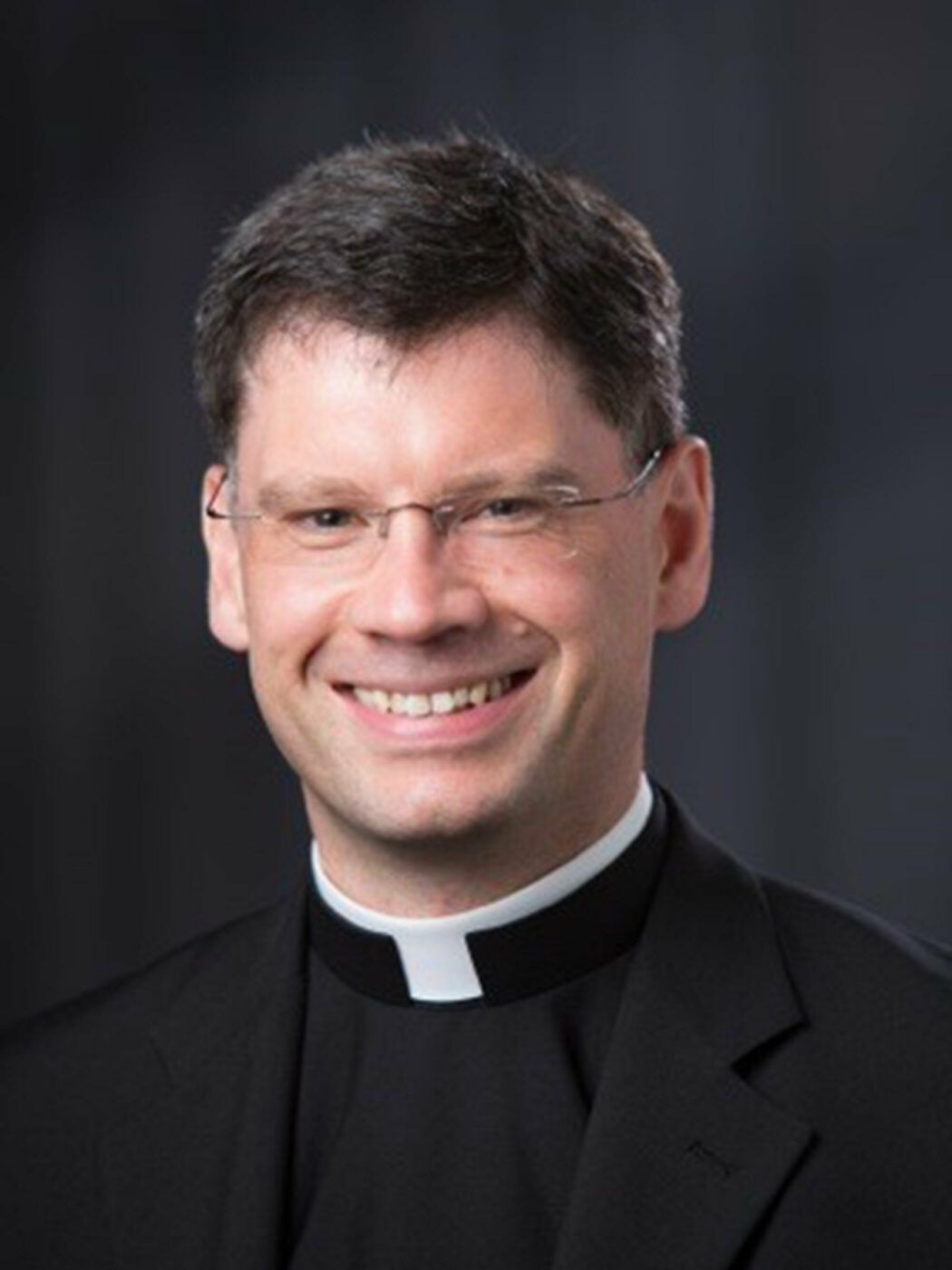Handel’s Messiah may be “the greatest piece of participatory art ever created—heard and sung by more people than any other piece” (Charles King, Every Valley, Random House: 2024). Very much part of Boston’s Christmas season, Messiah’s sublime music follows the inspired biblical texts of prophecy and fulfilment in Jesus Christ.
Isaiah’s prophecy, quoted by John the Baptist in today’s Gospel, is an important part of the Messiah. “Every valley shall be exalted . . . And ev'ry mountain and hill made low. The crooked straight. And the rough places plain.” With these words, Isaiah addresses an exiled and desolate people and reassures them that the Lord will come to them by way of the wilderness and that all flesh will see God’s salvation. God is not absent from the wilderness or from human flesh. Rather, He makes Himself known there. The desert becomes a meeting place with God. Human flesh becomes the arena of salvation. The wilderness and our flesh become the places where God enters, consoles, heals, and exalts.
Both Isaiah 40:3-5 and Baruch (in our first reading) use imagery associated with preparations for the visit of a great king. This involved major road works. Ravines were filled. High obstacles lowered. Winding roads and treacherous corners were made straight. Rough places were made smooth. These words of preparation come at the beginning of what is known as Isaiah’s “Book of Consolation” because it begins: “Console my people, console them” (Isa 40:1)—or in the language of Messiah: “Comfort ye, comfort ye my people.” This word of consolation comes as a complete surprise: a gift of God; light out of darkness; Advent hope.

Yes, the sins of the people had to be worked off. If the people were to be built anew by God, they had to be pulled down from haughty pride out of which nothing good could grow. For Isaiah, only the Lord, the Holy One of Israel, is exalted. Everyone who seeks to exalt himself in pride is toppled. Only the Lord and the humble are exalted.
Suddenly, out of the blue, after years of seeming scriptural silence, tender divine mercy enters to temper justice. After punishment and exile for sin, the Lord, the King, is coming. The people’s task is to prepare His way. The smoothing out of topographical elements was applied to spiritual preparation and openness, to transformation from within and conversion of heart.
This attentive waiting on the Lord who comes is at the heart of Advent. We are encouraged to ask: what needs to be levelled, what needs to be filled? Pride is an obvious mountain to be leveled, perhaps by the practice of small and even unnoticed acts of humility and generosity. Humility is ready to serve. It expands the heart to receive the Lord. Humility is the friend of the Holy Spirit and the way to peace. Peace in the world begins with letting Christ reign first in my heart.
What Isaiah 40:3-5 described—and what’s taken up in Saint Luke’s gospel today—was the Lord preparing His people’s way through the desert, from exile in Babylon back home to Judah (Isa 40:3-5). This was to be like a second exodus in which the wonders of the first exodus were renewed. Instead of crossing the waters of the Red Sea, the people were to cross the harsh and unforgiving wilderness—the barren desert. There, the Lord would renew His miracles, preserve His people, and come to meet them. In turn, they were to return to Him. Many of them had settled into new and seemingly comfortable lives away from Him. The Lord, through Isaiah, calls them back.
St. Luke shows how Isaiah’s call to prepare the way is renewed in the Baptist’s proclamation of a “baptism of repentance for the forgiveness of sins.” The mountains are to be laid low and the valleys filled up through conversion and forgiveness. For us, at the beginning of this “Year of Grace 2025,” this includes a return to the Sacrament of Mercy—a good confession. The most powerful way for the valleys to be filled and the mountains to be laid low is to let Christ into the desert of our lives and into the wounds of our flesh in His Sacrament of Healing. In confession, the healing and merciful Jesus reaches us more deeply than anyone else can. There is no better preparation for Christmas. If you’ve been away from confession for years, please come back. The Lord wants it. He awaits you. He longs for you—and it is you He wants. Let Him smooth the path back to Him by letting Him free you from your sins. Our sins are the obstacles that come between us and our peace in Him.
We don’t have to wait for some ideal future time for the Lord to come to us. He wants to come now. He will come if we let Him. Notice how this salvation is proclaimed in the desert. This means, in our lives as they are—on the road, along the way. Notice, too, how it is in our flesh that the glory of the Lord will be seen. We cannot bypass the flesh any more than the Lord Jesus bypassed His Incarnation in our flesh to reveal divine glory. It is through our weakness offered and surrendered to the Lord that He transforms us profoundly. It is through the wounds left by our repented sins that He heals us. It is in our bodies that He glorifies us. As Isaiah states elsewhere: “By His wounds we are healed” (Isa 53:5).
All of this gives us great hope. Salvation is coming, even in the desert of our lives, even in the wilderness, and even in our flesh carrying the wounds of sin He wants to heal. The whole person is to be lifted up and exalted in the Lord.
Isaiah and John the Baptist stirred up in the people a strong desire to prepare for the Lord, together with the humility to be able to receive Him. The more we desire the Lord, the more eagerly we prepare for Him. The Lord meets our desire for Him with His gifts, most of all, with the gift of Himself. St. Cyprian, an early martyr, put it like this. God sees our desire and “He will give the rewards of His love more abundantly to those who have longed for Him more fervently.” Advent increases our longing for the Lord. Long for Him more to receive Him more! Then “every valley shall be filled; every mountain made low.” The Lord will come to us in the wilderness and His glory will be revealed in our flesh.


